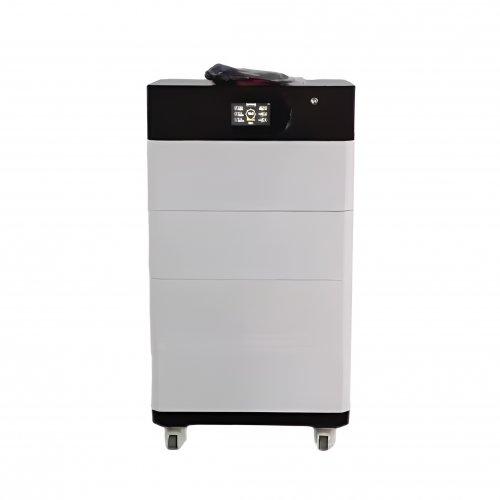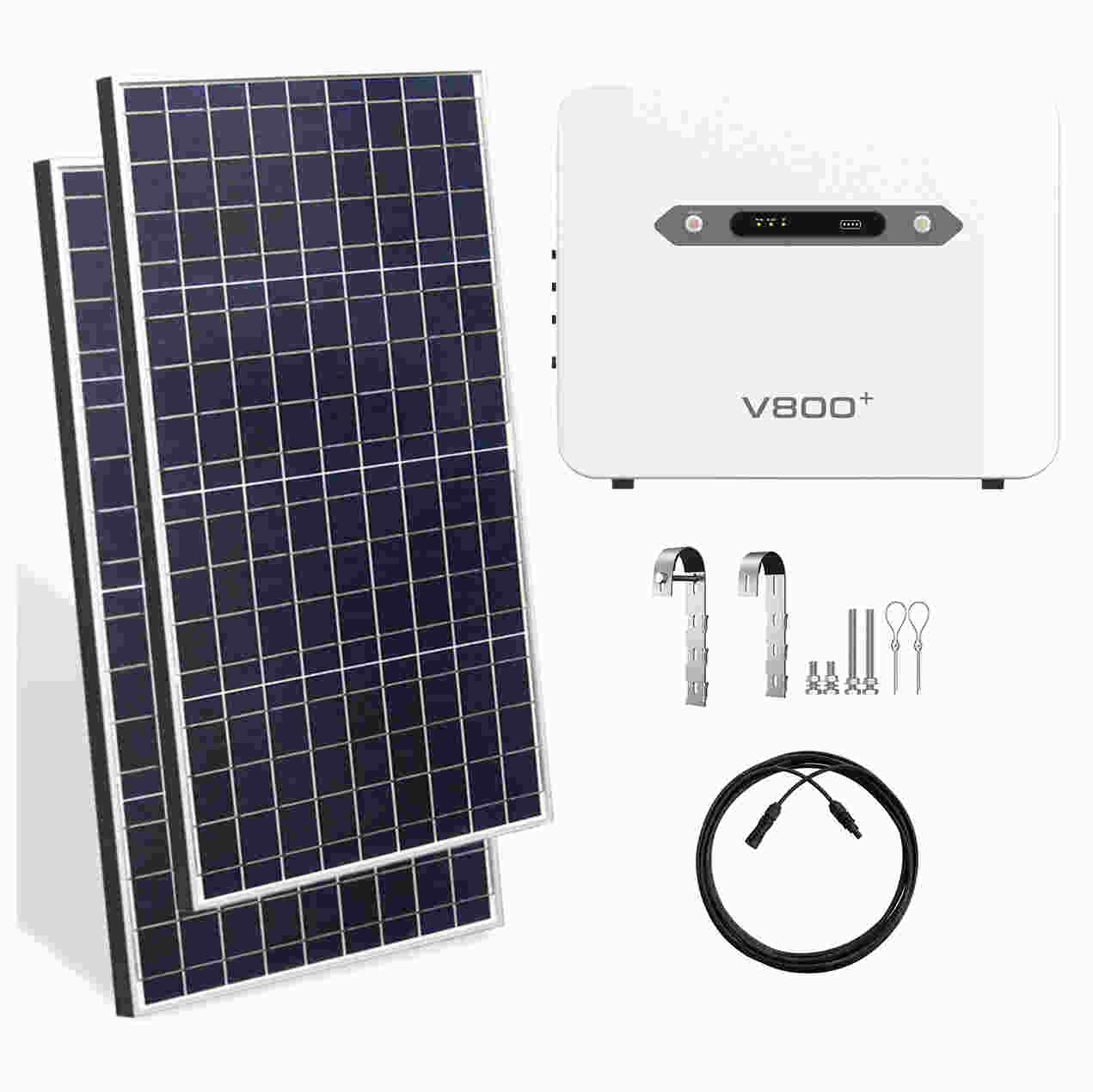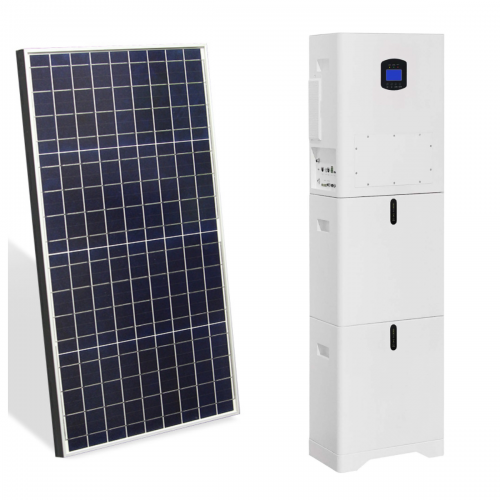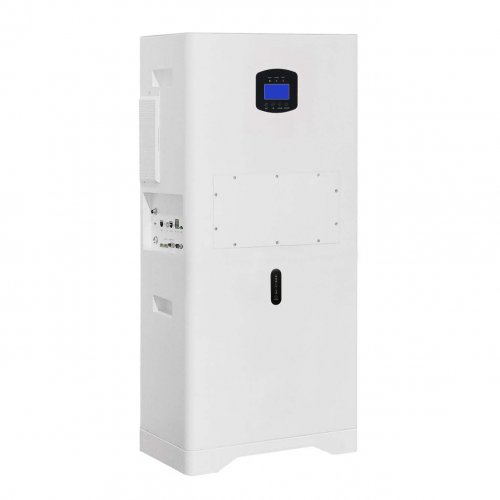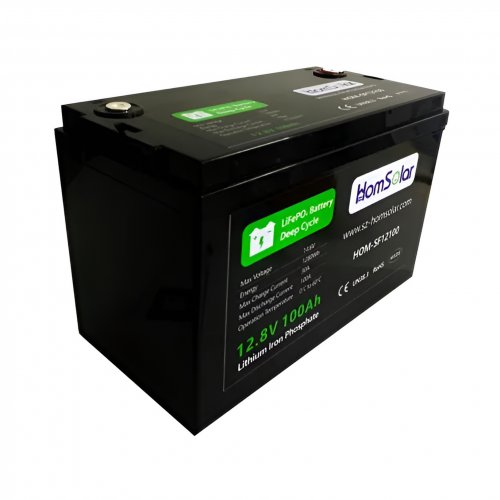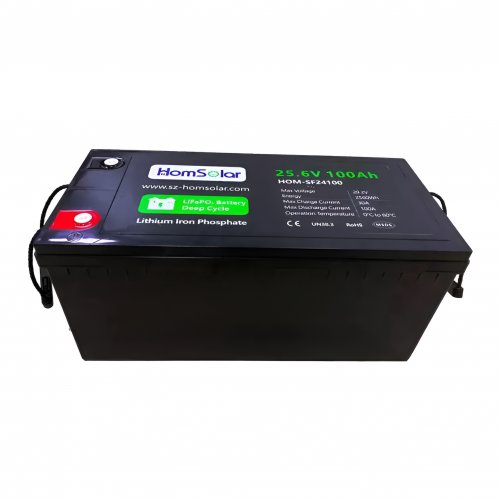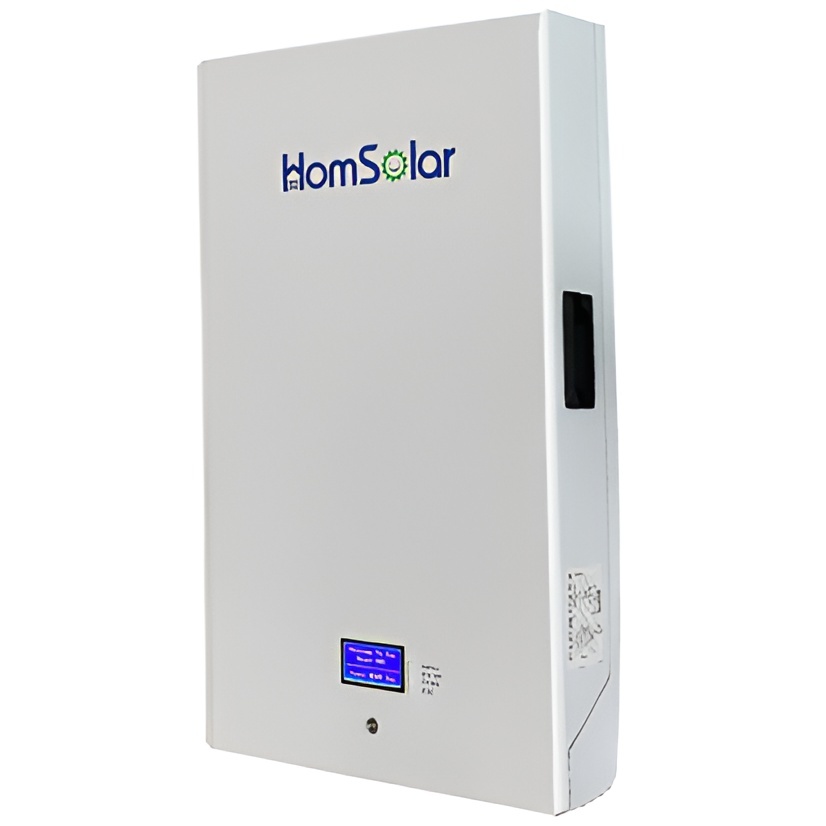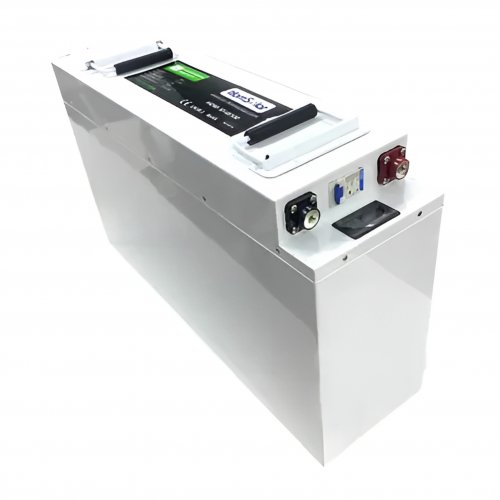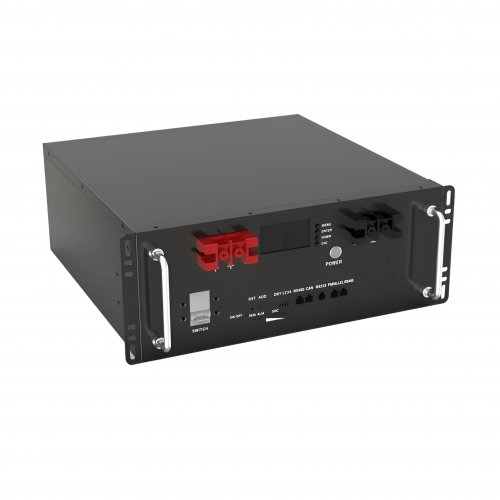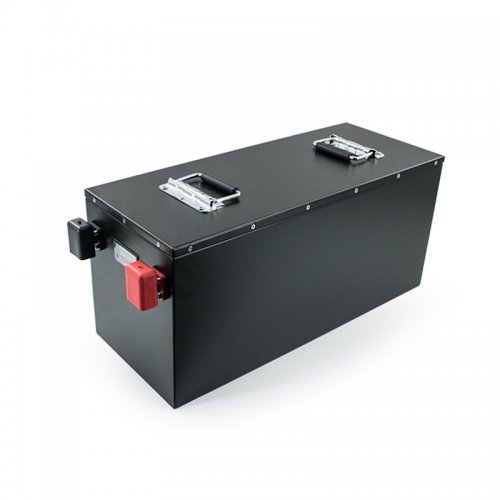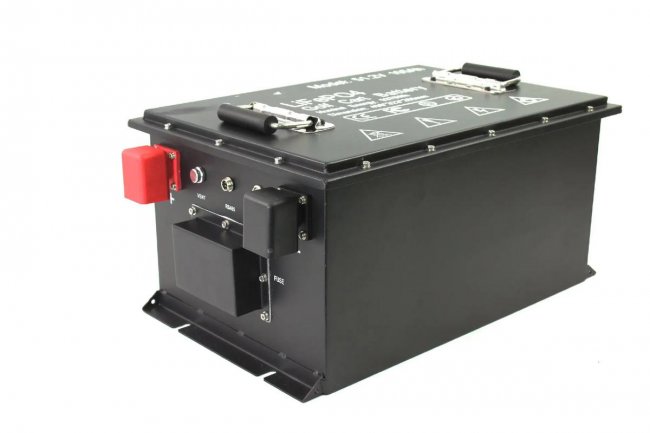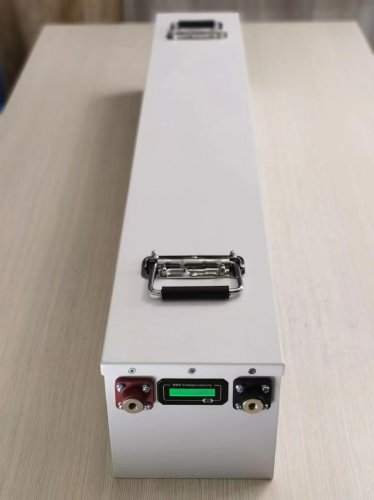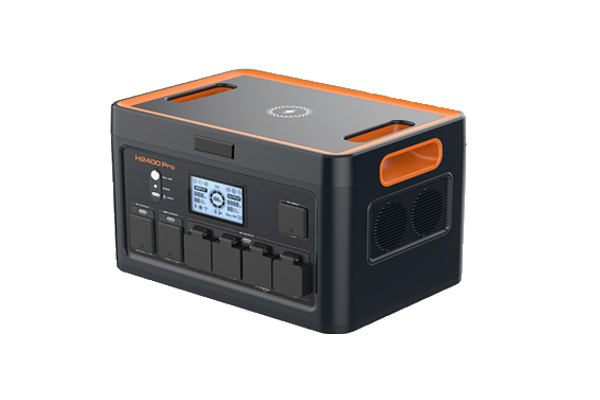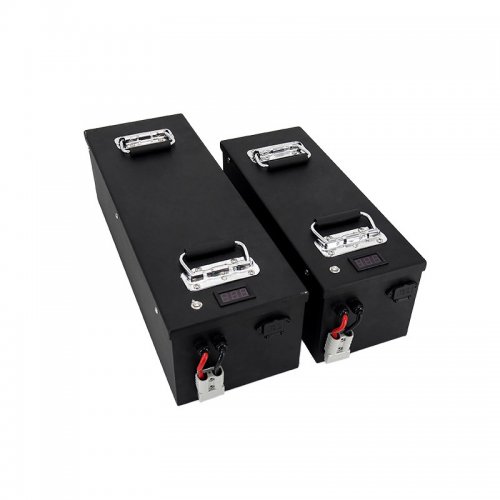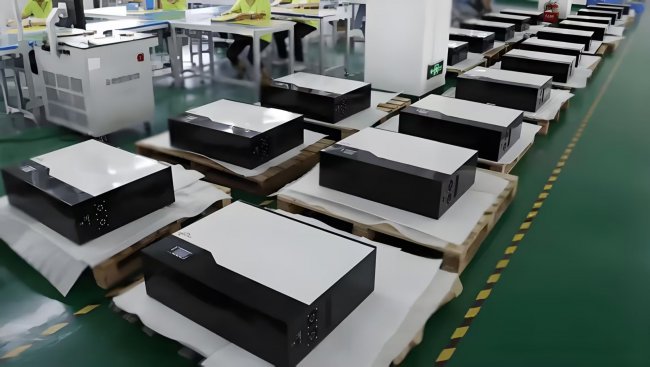Battery Standards News: Global Push For Harmonization Amid Ev Boom And Sustainability Demands
The rapid growth of the electric vehicle (EV) market and the increasing demand for energy storage solutions have thrust battery standards into the spotlight. Governments, industry leaders, and standardization bodies are racing to establish unified frameworks to ensure safety, interoperability, and sustainability. This article explores the latest developments, emerging trends, and expert insights shaping the future of battery standards.
1. International Collaboration Intensifies In 2023, the International Electrotechnical Commission (IEC) and the International Organization for Standardization (ISO) accelerated efforts to harmonize global battery standards. The IEC 62660 series, focusing on performance and safety for lithium-ion batteries in EVs, is being updated to address fast-charging technologies and thermal management. Meanwhile, ISO is working on ISO 19453, which outlines requirements for battery systems in hybrid and electric road vehicles.
The U.S. and EU are also aligning their approaches. The U.S. Department of Energy (DOE) recently announced partnerships with European standardization bodies to reduce trade barriers and streamline certification processes for batteries. Similarly, China’s GB/T standards are being reviewed to align with international norms, reflecting the country’s growing influence in the global battery supply chain.
2. Regulatory Pressure Mounts The EU’s new Battery Regulation, enacted in February 2024, sets stringent sustainability and due diligence requirements. It mandates carbon footprint declarations, minimum recycled content, and end-of-life recycling targets. Companies failing to comply risk exclusion from the European market.
In the U.S., the Inflation Reduction Act (IRA) ties tax incentives to domestically sourced battery materials, pushing manufacturers to adopt standardized traceability protocols. The Biden administration is also funding research into next-gen battery technologies, with standardization as a key pillar.
1. Focus on Sustainability Circular economy principles are driving standards for battery recycling and second-life applications. The EU’s "Battery Passport" initiative, requiring digital IDs for batteries to track their lifecycle, is gaining traction globally. Experts predict similar mandates will emerge in North America and Asia by 2025.
2. Fast-Charging and Safety As fast-charging networks expand, standards must evolve to prevent overheating and degradation. The CharIN (Charging Interface Initiative) consortium is developing protocols for high-power charging, while UL Solutions and TÜV SÜD are introducing stricter safety certifications for extreme-fast-charging (XFC) batteries.
3. Solid-State and Next-Gen Batteries With solid-state batteries nearing commercialization, standardization bodies are preemptively drafting guidelines. Japan’s Ministry of Economy, Trade, and Industry (METI) leads this effort, collaborating with Toyota and Panasonic to establish testing methodologies for solid-state electrolytes.
Dr. Elena Rodriguez, Battery Safety Researcher at Fraunhofer ISE: "Standardization is critical to mitigating risks in high-energy-density batteries. The challenge lies in balancing innovation with safety. We need agile standards that adapt to new chemistries without stifling progress."
Michael Chen, VP of Global Standards at CATL: "Harmonization reduces costs and accelerates adoption. China, Europe, and the U.S. must converge on core metrics like energy density and cycle life to avoid market fragmentation."
Sarah Johnson, Policy Analyst at Clean Energy Associates: "Regulations like the EU Battery Regulation will force transparency, but SMEs may struggle with compliance. Governments should provide funding for standardized testing facilities."
The push for unified battery standards reflects the industry’s maturation. While challenges remain—particularly in balancing innovation with regulation—the collaborative efforts of governments, corporations, and researchers signal a more interoperable and sustainable future. As the EV revolution accelerates, robust standards will be the backbone of a reliable and scalable energy storage ecosystem.Stay tuned for further updates as global stakeholders navigate this dynamic landscape.
Customized/OEM/ODM Service
HomSolar Supports Lifepo4 battery pack customization/OEM/ODM service, welcome to contact us and tell us your needs.


HomSolar: Your One-stop LiFePO4 Battery Pack & ESS Solution Manufacturer
Our line of LiFePO4 (LFP) batteries offer a solution to demanding applications that require a lighter weight, longer life, and higher capacity battery. Features include advanced battery management systems (BMS), Bluetooth® communication and active intelligent monitoring.

Customised Lithium Iron Phosphate Battery Casing
ABS plastic housing, aluminium housing, stainless steel housing and iron housing are available, and can also be designed and customised according to your needs.

HomSolar Smart BMS
Intelligent Battery Management System for HomSolar Energy Storage System. Bluetooth, temperature sensor, LCD display, CAN interface, UART interface also available.


Terminals & Plugs Can Be Customized
A wide range of terminals and plugs can be customised to suit the application needs of your battery products.

Well-designed Solutions for Energy Storage Systems
We will design the perfect energy storage system solution according to your needs, so that you can easily solve the specific industry applications of battery products.



About Our Battery Cells
Our energy storage system products use brand new grade A LiFePO4 cells with a battery lifespan of more than 4,000 charge/discharge cycles.



Applications in Different Industries
We supply customized & OEM battery pack, assemble cells with wiring, fuse and plastic cover, all the cell wires connected to PCB plug or built BMS.
Applications: E-bike, Electric Scooter, Golf Carts, RV, Electric Wheelchair, Electric Tools, Robot Cleaner, Robot Sweeper, Solar Energy Storage System, Emergency Light, Solar Power Light, Medical Equipment, UPS Backup Power Supply.
We can provide you with customized services. We have the ability to provide a vertical supply chain, from single cells to pack/module and to a complete power solution with BMS, etc.


HomSolar (Shenzhen) Technology Co., Ltd








